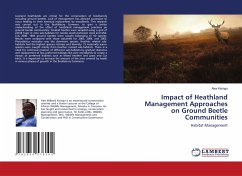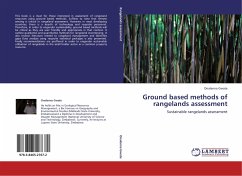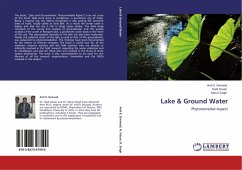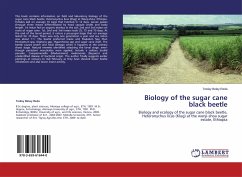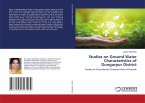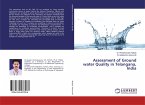Lowland heathlands are critical for the conservation of biodiversity including ground beetles. Lack of management has allowed succession to occur leading to their eventual replacement by woodlands. This research was carried out in the Bucklebury Common, to gain a better understanding of the effect of heathland management practices on ground beetle communities. Carabid beetles were sampled using a grid of pitfall traps in nine sub-habitats for twelve weeks between April and Mid-July 2006. 1894 ground beetles were caught belonging to 60 species. Results were compared with those obtained for 2003, 2004, and 2005. Pterostichus versicolor was the dominant species. Heather related sub-habitats had the highest species richness and diversity. 13 nationally scarce species were caught mainly from heather related sub-habitats. There is a need for continual creation of different sub-habitats by gradual clearance and replacement of less preferred habitats like pine woodlands to create a mosaic of preferred habitats such as Mixed heather and grass and Cut birch. It is important to increase the amount of the area covered by heath in various phases of growth in the Bucklebury Commons.
Bitte wählen Sie Ihr Anliegen aus.
Rechnungen
Retourenschein anfordern
Bestellstatus
Storno

